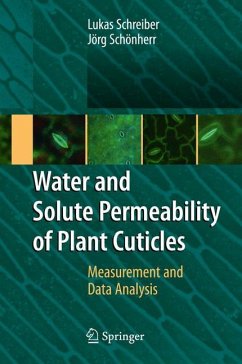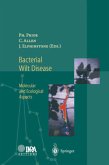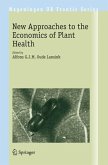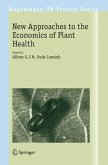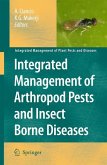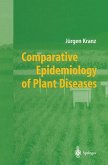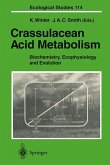Transport properties of plant cuticles are important for different ?elds of modern plant sciences. Ecologists and physiologists are interested in water losses to the environment via the cuticle. Penetration of plant protecting agents and nutrients into leaves and fruits is relevant for research in agriculture and plant protection. Ecotoxicologists need to know the amounts of environmental xenobiotics which accumulate in leaves and other primary plant organs from the environment. For all of these studies suitable methods should be used, and a sound theoretical basis helps to formulate testable hypotheses and to interpret experimental data. Unnecessary experiments and experiments which yield ambiguous results can be avoided. In this monograph, we have analysed on a molecular basis the movement of molecules across plant cuticles. Based on current knowledge of chemistry and str- ture of cuticles, we have characterised the aqueous and lipophilic pathways, the nature and mechanisms of mass transport and the factors controlling the rate of movement. We have focused on structure-property relationships for penetrant tra- port, which can explain why water and solute permeabilities of cuticles differ widely among plant species. Based on this knowledge, mechanisms of adaptation to en- ronmental factors can be better understood, and rates of cuticular penetration can be optimised by plant physiologists and pesticide chemists.
Bitte wählen Sie Ihr Anliegen aus.
Rechnungen
Retourenschein anfordern
Bestellstatus
Storno

